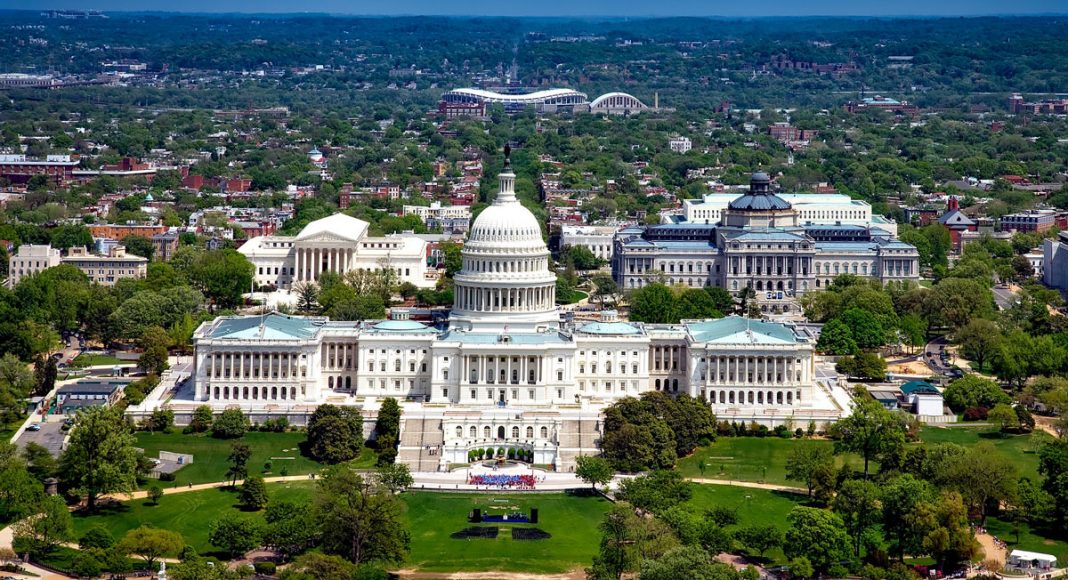Every night in Washington DC, you can find purchasable marijuana with the click of a button. All you need is a knowledge of the correct keywords and phrases, plug them into either Google, Twitter, or Instagram, and you will find listing for marijuana pop-up shops. Though a surprising development, the movement has exploded in the nation’s capital, according to the Washington Post.
To be fair, it’s somewhat of a self-created problem. In 2014, Washington D.C. voters passed Initiative 71, legalizing possession of marijuana up to two ounces for recreational use. However “attempts by advocates to create a system that would regulate and tax marijuana transactions were shot down by Congress,” writes the Post.
This meant D.C. residents could possess marijuana, but no legal path existed for them to acquire that marijuana. So how do people buy marijuana? That explains these pop-up shops, which operate in bars, empty office spaces, and private events. Interested parties will pay in “donation” for stickers, trading cards, or some other small trinket. Then the vendors will “gift” them an edible or other cannabis product.
Many of the events are advertised as “I-71 compliant,” by not directly selling cannabis. “During my first pop-up,” [the owner of Bud Appetit, an edible company, Lisa] Scott said, “I said: ‘I have the solution. We’re going to sell merchandise and then gift.’ Technically, it’s against the law as well, but I don’t think it’s enforceable because who’s to say I can’t just give you something? I guess it’s the way you do it. I sell you socks for $20, then gift you something. How is that against the law? How is that enforceable? It didn’t seem to be a problem, so we kept doing it that way.”
At first, not much was made by the scene. Police and the city’s Alcoholic Beverage Regulation Administration (ABRA) stayed away. But consumer interest caused the scene to expand rapidly and entrepreneurs were all too willing to meet that demand. With the growing size and local complaints, police felt compelled to intervene. There have been raids and confiscations, but it all exists in a legal gray area.
In one case, 22 vendors were arrested with misdemeanor drug possession with intent to distribute. The club where the event took place was also charged. But weeks later, D.C. prosecutors chopped all charges. In fact, no cases have played out in courts, furthering the “gray area” in which these shops operate.
Where this goes remains to be seen. If D.C. prosecuted, “lab testing of vast amounts of edible evidence, having to examine hundreds of hours of police body-cam videos and questions over using a regulatory agency to conduct a warrantless search may add to the legal gray areas engulfing cannabis sales in the city,” one defense attorney theorized.
Of course, it would make things easier if the city would clarify its laws. Advocates urge the city to create a legal system of sales to purchase the marijuana consumers can possess. Demonstrations are being organized. Until then, the bazaar markets will continue to thrive.


